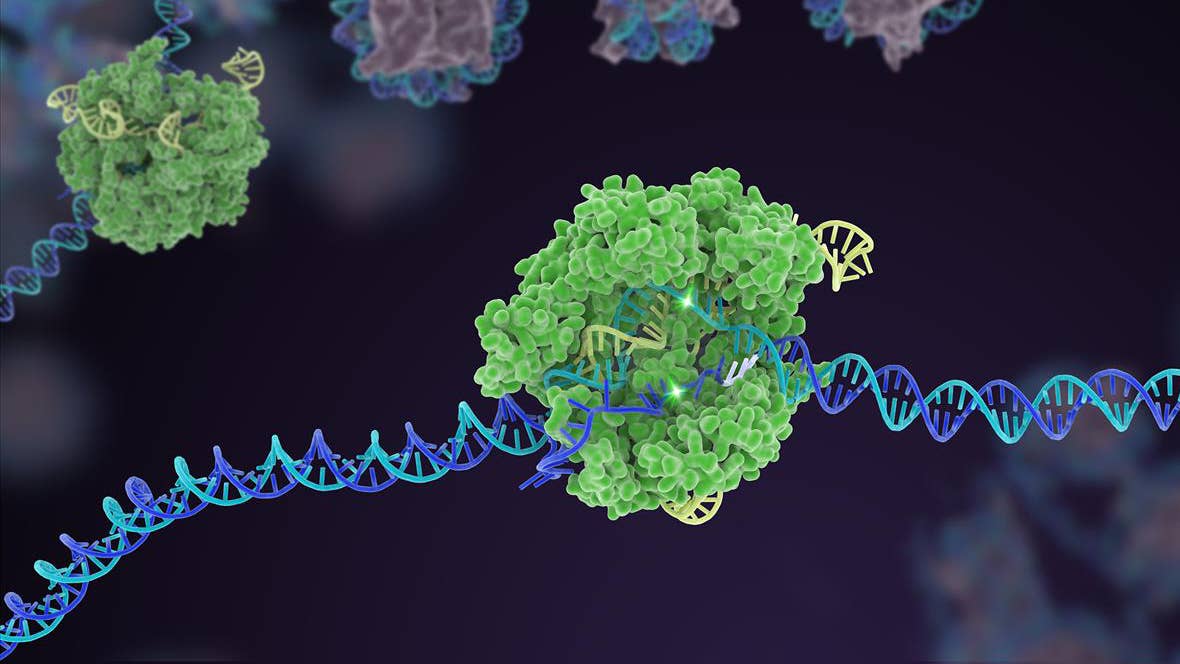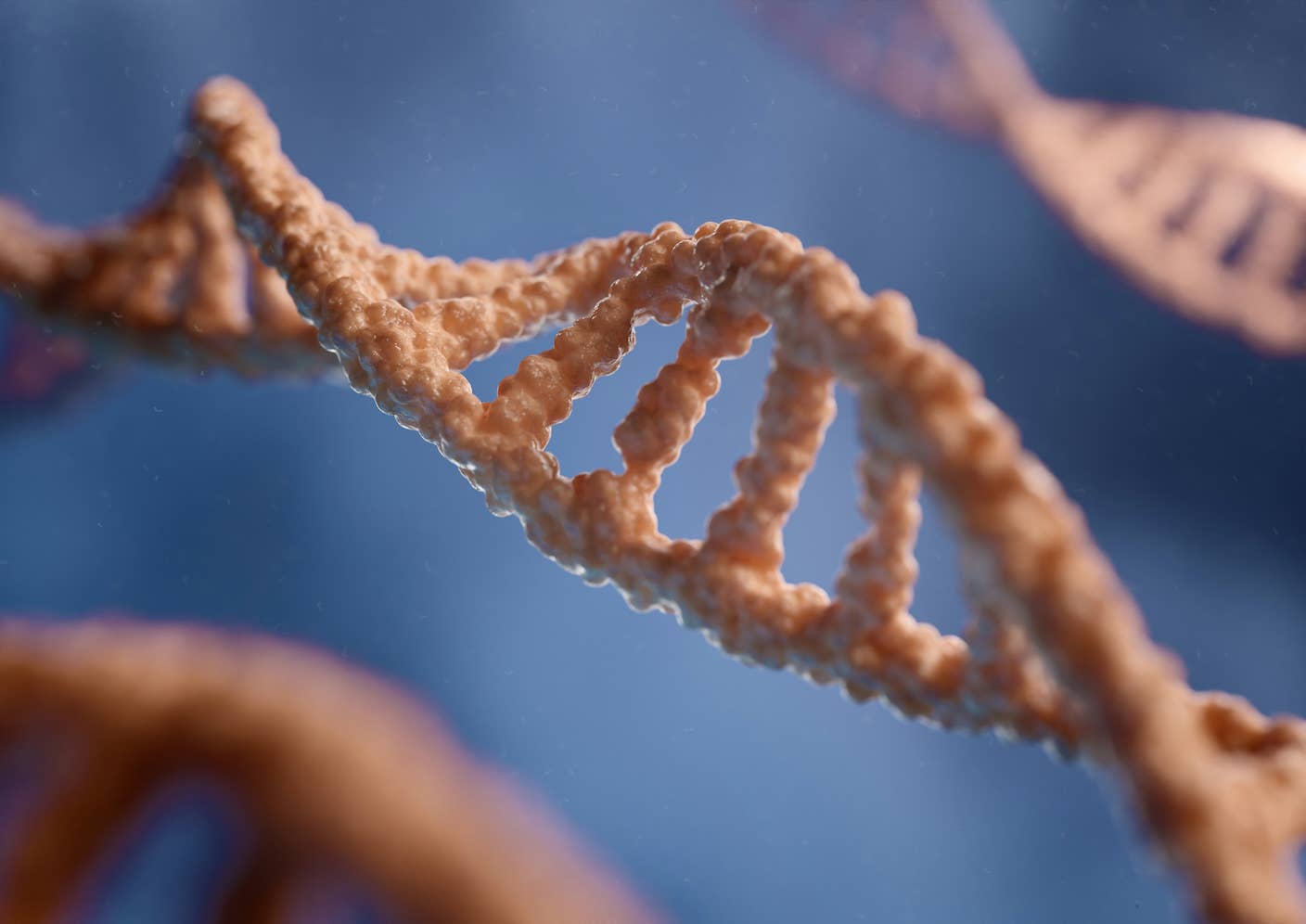Organovo Pioneers 3-D Organ Printing: Hype or Hope?

Share
The plastic 3-D printing machine has been around for a few years and man, is that cool. It can replicate most any mechanical system and it will function, too. Now, researchers at Organovo are taking things one step further, promising to be able to print entire organs for transplant patients. That technology would certainly be the jewel in the crown of the 3-D printing industry, but is Organovo living up to the hype? Will this company keep stride with the overactive imagination? Even if Organovo fails to deliver, there are still other promising methods for growing organs in the lab.
Well, not quite. Although the website’s generic mission statement alludes to being able to print whole organs, like hearts or kidneys, that technology is quite a long way off. The research published by this federally funded project founded by Dr. Gabor Forgacs, a researcher at the University of Missouri, indicates that the company is first working on printing fully functioning blood vessels and arteries.
Organovo claims that printing blood vessels from the patient’s own cells will enable a transplant, like a bypass surgery, to work better. There is little to no chance of the patient rejecting the cells, as they are autologous. Another advantage of the bioprinting system is that there is no need for plastic scaffolding, which is said to cause inflammation and reduce the effectiveness of the transplant.
The idea behind the printing system is that the organ is printed layer by layer. A printer, using cell globules as ink, places them down onto a bio-degradable sheet of paper, where the cells naturally fuse together to create a small piece of the organ. A piece of bio-paper is put between each layer of the organ and, after all of the cells in the same layer are fused, the paper disintegrates and allows the different layers to fuse to each other. Eventually, after many layers, the blood vessel will materialize and be fully functional. Take a look at the video for a better explanation and some pretty 3-D computer model rendering.
Be Part of the Future
Sign up to receive top stories about groundbreaking technologies and visionary thinkers from SingularityHub.


There is a lot to be said about hyping a product. Much like the law of inverse excellence haunts the cinema industry (the more trailers you see on the television, the worse it will be), the more people make a big deal out of this technology, the less likely we are to be impressed with it. Even the founder of the company in the above video admits that growing entire organs is more of a dream that could be achieved within our lifetimes, not an imminent technological breakthrough. That should not detract, however, from the capabilities of this technology that may be just over the horizon. Okay, so a few blood vessels are not as cool as a new lung, but such a technology could make medical practices that are already established even safer. To not have to worry over tissue rejection would be cause for celebration among most surgeons.
So, is this technology something to be excited about? Well, yes. We are now capable of regenerating parts of our own bodies. Regardless of which parts, that is still a neat proposition. Come on, most men can’t even regenerate their own hair, no less new blood vessels. But Organovo will be a company to watch for a long time coming. They have set forth a difficult goal to achieve, one day reproducing entire organs, and it is wholly possible that they may accomplish this many decades down the road. For now, though, we will simply avoid the hype and look forward to not having to worry about tissue rejection if the Tarot cards forecast a bypass surgery.
Andrew is a recent graduate of Northeastern University in Boston, MA with a Bachelor of Science in Chemical Engineering. While at Northeastern, he worked on a Department of Defense project intended to create a product that adsorbs and destroys toxic nerve agents and also worked as part of a consulting firm in the fields of battery technology, corrosion analysis, vehicle rollover analysis, and thermal phenomena. Andrew is currently enrolled in a Juris Doctorate program at Boston College School of Law.
Related Articles

Souped-Up CRISPR Gene Editor Replicates and Spreads Like a Virus

Your Genes Determine How Long You’ll Live Far More Than Previously Thought

Google DeepMind AI Decodes the Genome a Million ‘Letters’ at a Time
What we’re reading